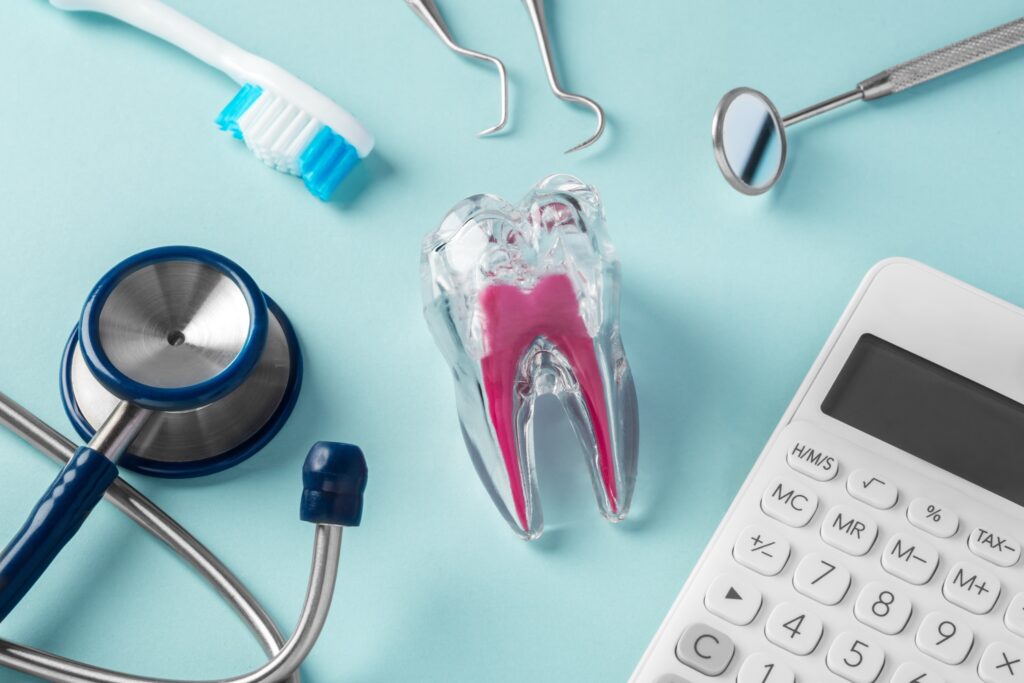
When you think of malpractice, you may think of a surgical error or a misdiagnosis, but dentists can be charged with malpractice as well. Dental malpractice occurs when a dentist provides treatment that falls below the standard of care expected in the dental field, and this substandard treatment leads to injury, harm, or other negative outcomes for the patient.
If your dentist harms you through negligent, reckless, or intentional wrongful acts, you can file a dental malpractice lawsuit in an attempt to recover compensation for your damages. Many dental malpractice claims also settle outside of court when the dentist’s malpractice insurer makes a settlement offer.
Elements of Dental Malpractice
There are four main elements that need to be present in a dental malpractice claim:
- The dentist had a duty of care. When you become a patient, the duty of care is created. This means the dentist had an obligation to provide you with proper treatment.
- The dentist breached the duty. The dentist’s conduct is compared with what a reasonably competent, similarly trained professional would have done under the same exact circumstances.
- The breach was the direct cause of harm. You must have been hurt as a direct result of the breach of duty, or the dentist’s failure to provide appropriate care.
- You suffered damages. You suffered damages that were financial in nature, such as additional bills and lost wages. You should be entitled to compensation for the resulting losses.
However, proving dental malpractice is not easy. You will need to show both how the dentist failed you and that this failure was the direct cause of harm. You will have to obtain your dental records and work with an expert witness who can prove that the dentist’s care was substandard.
Work with a dental malpractice lawyer who can help you to put together a strong case. The more solid your evidence, the better your chances of receiving a fair settlement.
Types of Dental Malpractice

Dental malpractice can occur in the following ways:
- Failure to diagnose. This is when a dentist fails to diagnose or delays the diagnosis of a dental condition, leading to the worsening of the patient’s condition.
- Improper treatment. Providing the wrong treatment or using incorrect procedures can result in harm. This could include unnecessary extractions, incorrect placement of crowns, or failed dental implants.
- Surgical errors. Mistakes may be made during dental surgeries, such as damaging nerves, sinus perforation, or improper use of anesthesia.
- Failure to obtain informed consent. Not fully explaining the risks, benefits, or alternatives to treatment or performing procedures without the patient’s consent are all types of dental malpractice.
- Anesthesia errors. Administering too much or too little anesthesia can cause complications like allergic reactions, nerve damage, or even death.
- Post-operative complications. Failing to provide proper aftercare instructions or failing to address post-operative complications can be considered malpractice.
- Infections. Cleanliness is important. If your dentist fails to properly clean and maintain equipment, you could develop an infection.
Contact Us Today
Malpractice can happen in many forms, and it is common in the medical and dental fields. Have you been injured by a dentist’s negligent or reckless behavior? If so, contact a Bronx attorney from Macaluso & Fafinksin, P.C. These cases can be complex, so let us help you understand your next steps. Schedule a consultation today by filling out the online form or calling our office at (800) 762-9300.









